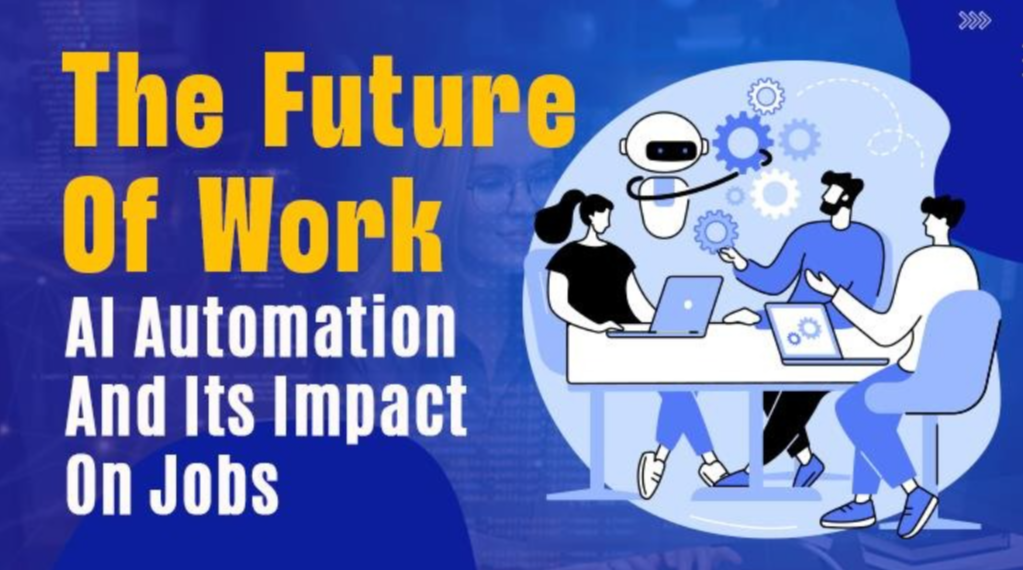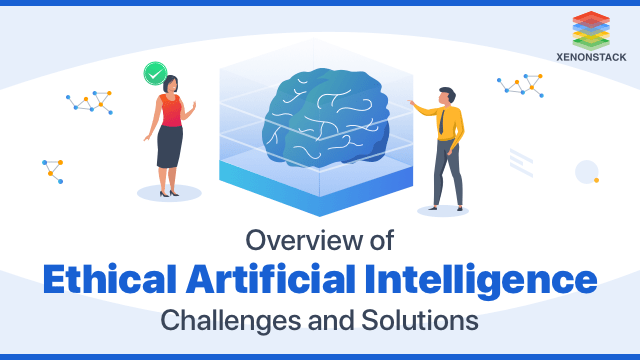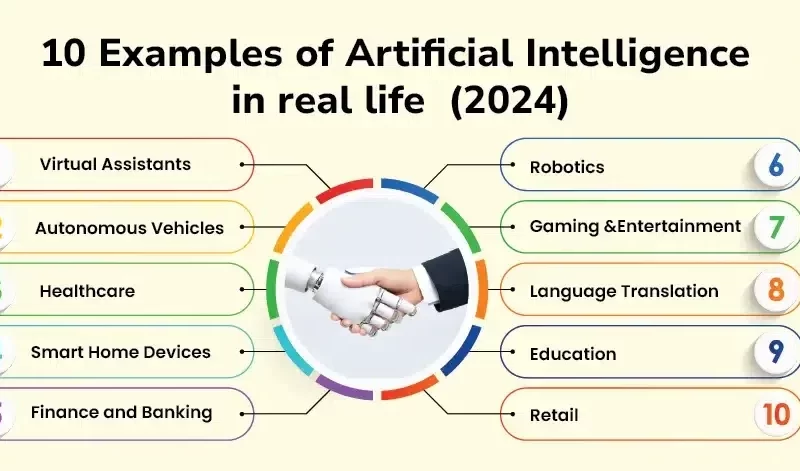In today’s fast-paced technological world, artificial intelligence (AI) is playing a crucial role in revolutionizing automation processes across various industries. As AI continues to evolve and improve, its impact on automation is becoming more profound, leading to increased efficiency, productivity, and cost savings for businesses. In this article, we will explore the role of AI in automation and its future impact on the tech industry.
What is Automation and How Does AI Fit In?
Automation is the use of technology to perform tasks with minimal human intervention. It involves the use of machines and software to carry out repetitive and labor-intensive tasks, allowing humans to focus on more complex and creative aspects of their work. AI plays a key role in automation by enabling machines to learn from data, make decisions, and perform tasks without explicit programming.
AI technologies such as machine learning, natural language processing, and computer vision are being utilized to automate a wide range of processes across industries. For example, in manufacturing, AI-powered robots are being used to perform tasks such as assembly, inspection, and packaging with greater accuracy and efficiency than human workers.
The Benefits of AI in Automation
The integration of AI in automation processes offers numerous benefits for businesses, including:
1. Increased efficiency: AI-powered automation systems can perform tasks at a much faster pace than humans, leading to increased productivity and efficiency.
2. Improved accuracy: AI technologies are capable of analyzing large amounts of data and making decisions with a high degree of accuracy, reducing the risk of errors in automated processes.
3. Cost savings: By automating repetitive tasks, businesses can save on labor costs and reduce the risk of human error, resulting in overall cost savings.
4. Enhanced customer experiences: AI-powered automation systems can provide personalized and responsive customer experiences, leading to increased customer satisfaction and loyalty.
The Future Impact of AI in Automation
As AI technology continues to advance, its impact on automation is expected to be even more significant in the future. Some potential future impacts of AI in automation include:
1. Increased adoption across industries: As AI technologies become more accessible and affordable, the adoption of AI-powered automation systems is expected to increase across a wide range of industries, from healthcare and finance to retail and transportation.
2. Greater integration with IoT devices: The integration of AI with Internet of Things (IoT) devices will enable more seamless and efficient automation processes, leading to improved connectivity and communication between devices.
3. Enhanced decision-making capabilities: AI technologies such as machine learning will continue to improve decision-making processes in automated systems, leading to more accurate and timely outcomes.
4. Creation of new job opportunities: While automation has led to concerns about job displacement, AI-powered automation systems are also creating new job opportunities in fields such as data science, robotics, and AI engineering.
Conclusion
In conclusion, AI is playing a critical role in revolutionizing automation processes across industries, leading to increased efficiency, productivity, and cost savings for businesses. As AI technology continues to evolve, its future impact on automation is expected to be even more significant, with increased adoption, greater integration with IoT devices, enhanced decision-making capabilities, and the creation of new job opportunities. Businesses that embrace AI-powered automation systems will be better positioned to succeed in the rapidly evolving tech industry.


